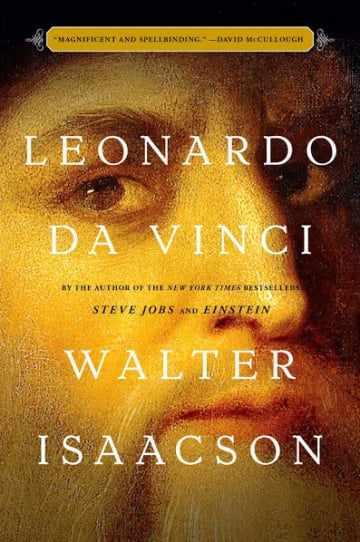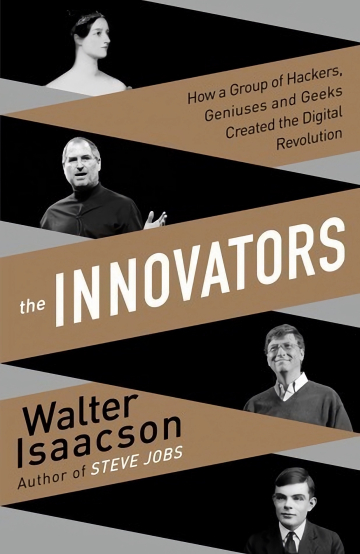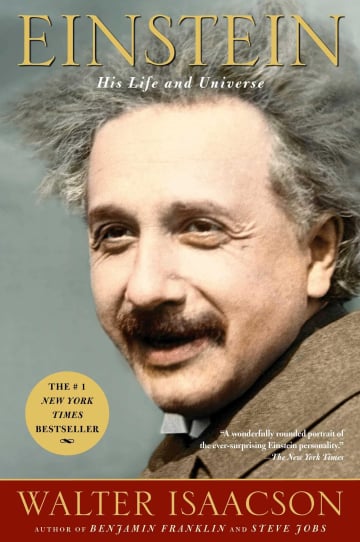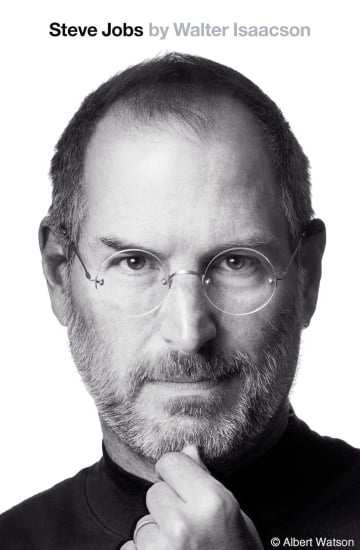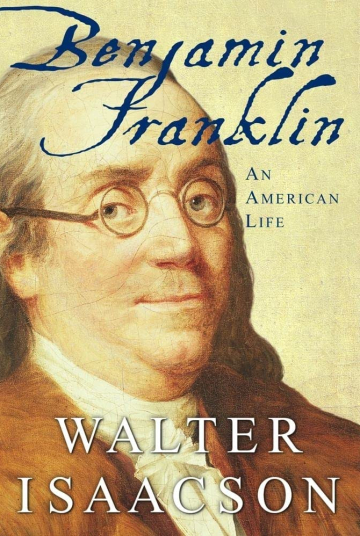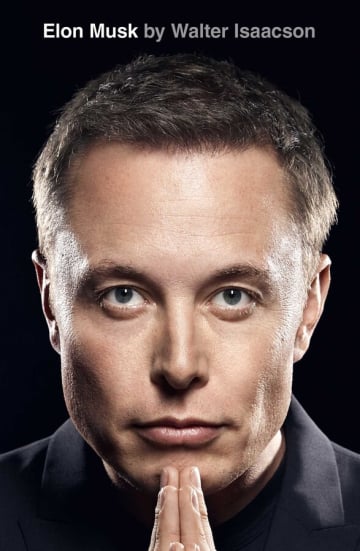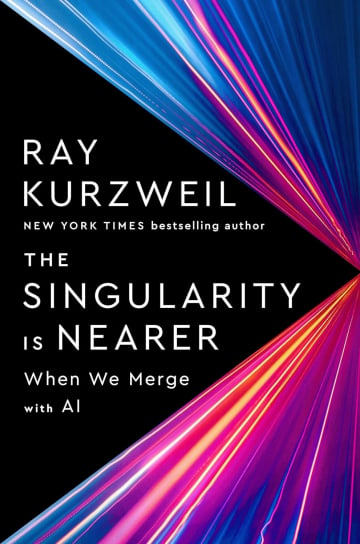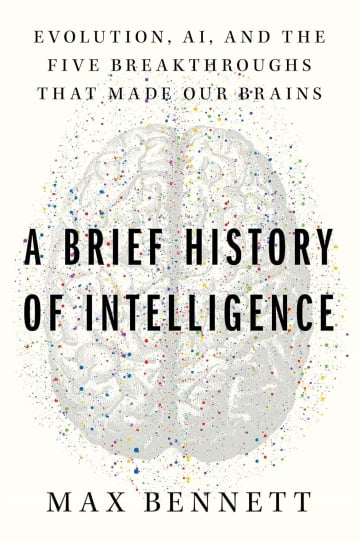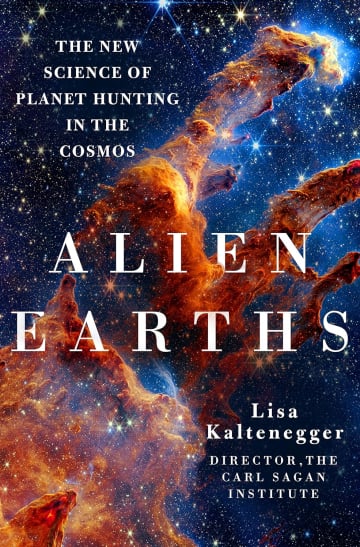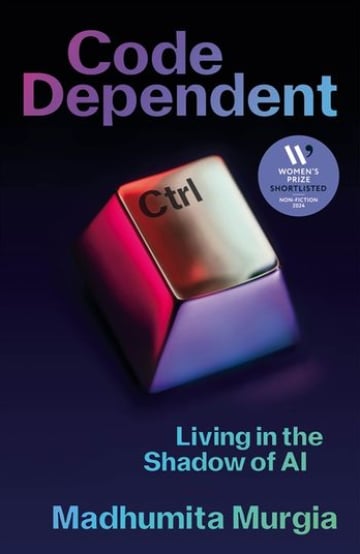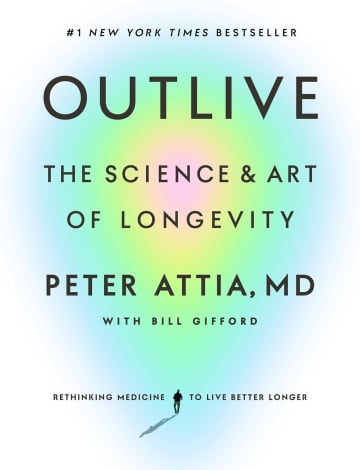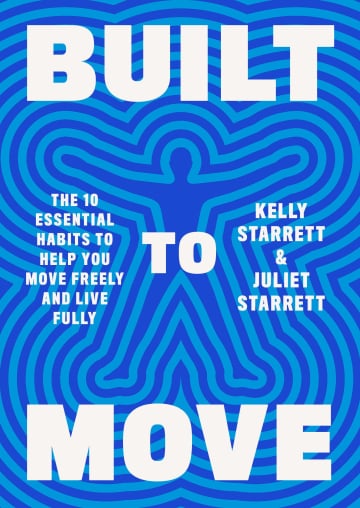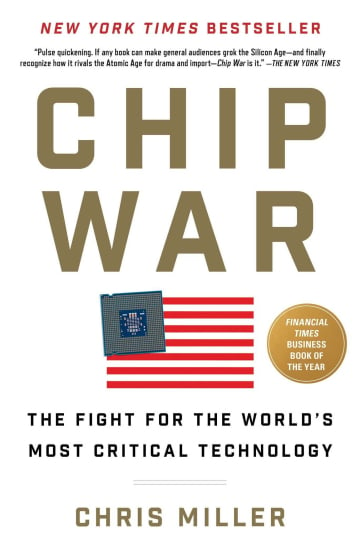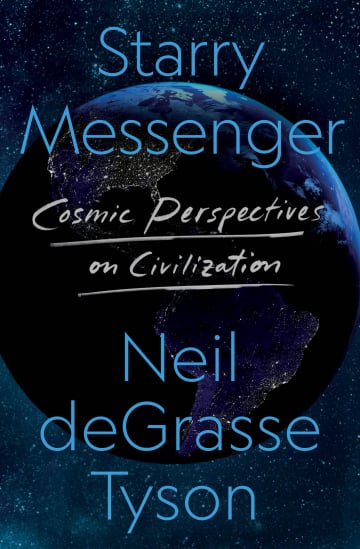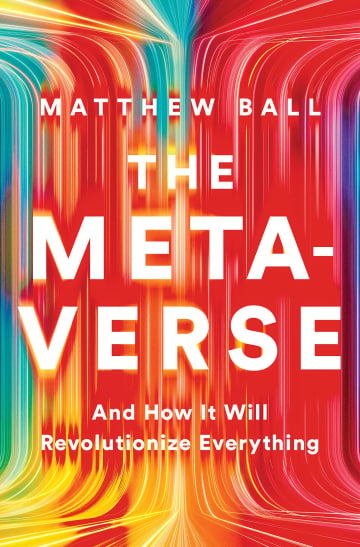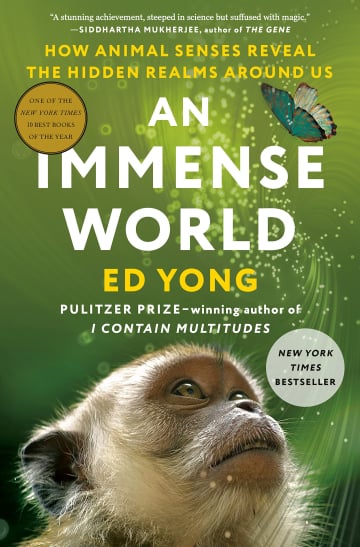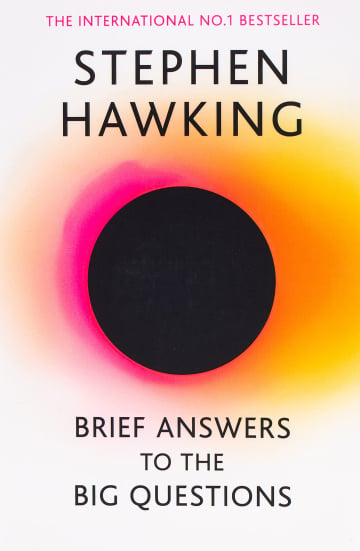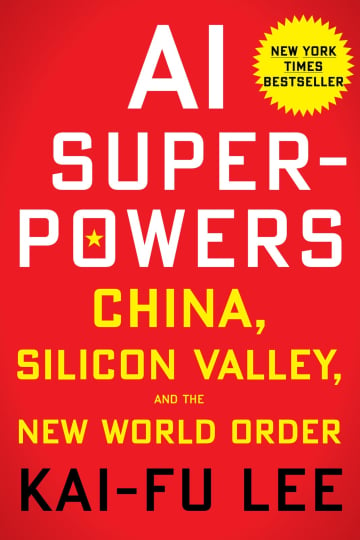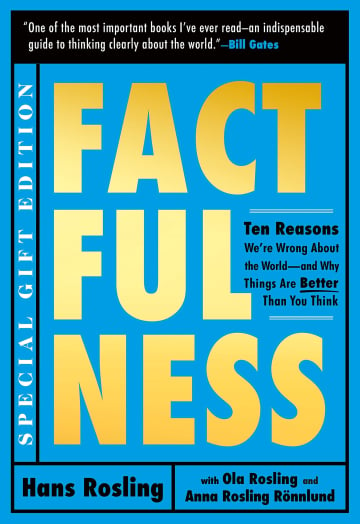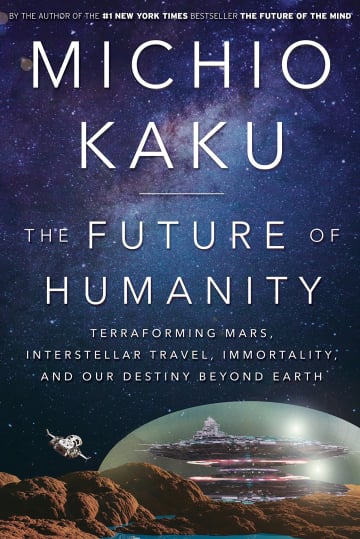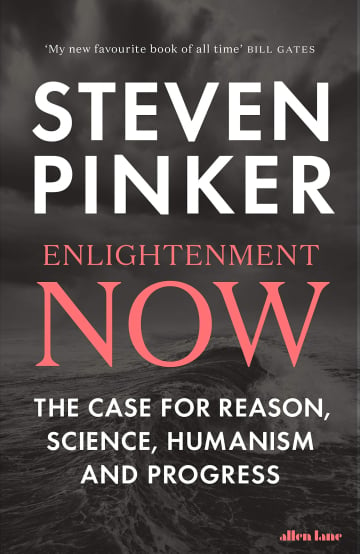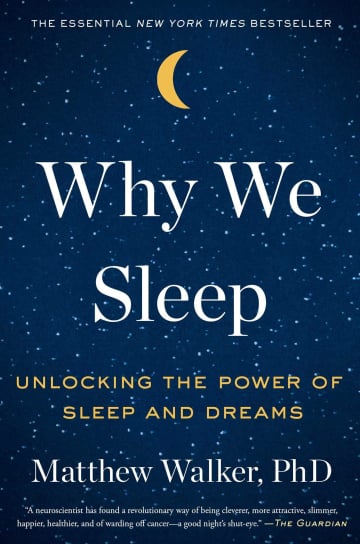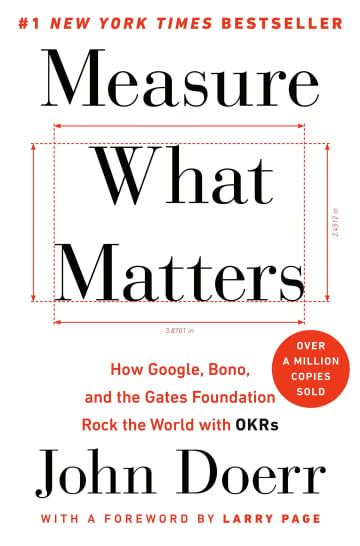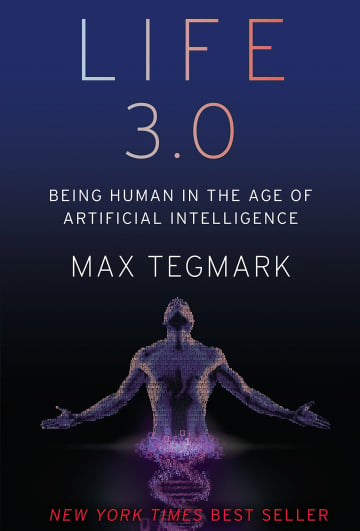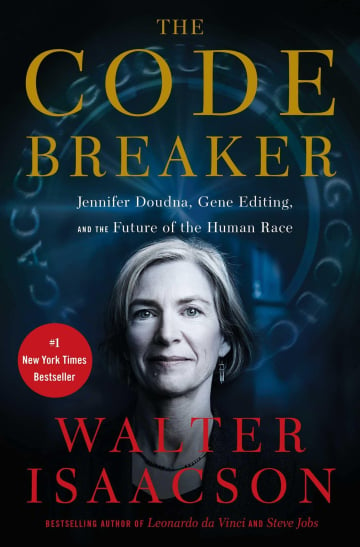
The Code Breaker: Jennifer Doudna, Gene Editing, and the Future of the Human Race
⚡️ 13 Quotes from the book
“After more than three billion years of evolution of life on this planet, one species (us) had developed the talent and temerity to grab control of its own genetic future.”
“Now we have entered a third and even more momentous era, a life-science revolution. Children who study digital coding will be joined by those who study genetic code.”
“DNA doesn’t do much work. It mainly stays at home in the nucleus of our cells, not venturing forth. Its primary activity is protecting the information it encodes and occasionally replicating itself. RNA, on the other hand, actually goes out and does real work. Instead of just sitting at home curating information, it makes real products, such as proteins.”
“An essential quality of living things is that they have a method for creating more organisms akin to themselves: they can reproduce.”
“We had to determine structures, because structures, the folds and shapes, are conserved over a longer evolutionary period than the nucleic acid sequences.”
“I once asked Steve Jobs what his best product was, thinking he would say the Macintosh or iPhone. Instead he said that creating great products is important, but what’s even more important is creating a team that can continually make such products.”
“Just as bacteria have spent millennia evolving ways to develop immunity to viruses, perhaps we humans should use our ingenuity to do the same.”
“The dark side of our new information technology is not that it allows government repression of free speech but just the opposite: it permits anyone to spread, with little risk of being held accountable, any idea, conspiracy, lie, hatred, scam, or scheme, with the result that societies become less civil and governable.”
“We now have the power to control our genetic future, which is awesome and terrifying. So we must move forward cautiously and with respect for the power we’ve gained.”
“A looming ethical issue, everyone at the table agrees, is that gene editing could exacerbate, and even encode, inequality in society.”
“Great inventions come from understanding basic science. Nature is beautiful that way.”
“Thanks to the new RNA vaccine technology, our defenses against most future viruses are likely to be immensely faster and more effective.”
“All of the scientists I write about in this book say that their main motivation is not money, or even glory, but the chance to unlock the mysteries of nature and use those discoveries to make the world a better place. I believe them. And I think that may be one of the most important legacies of the pandemic: reminding scientists of the nobility of their mission.”
Related videos
Follow the author

Walter Isaacson is a bestselling American author, journalist, and history professor at Tulane University. He has been the president and CEO of the Aspen Institute, a nonpartisan policy studies organization based in Washington, D.C., the chair and CEO of CNN, and the editor of Time. Isaacson is a graduate of Harvard University and Oxford University. He received the National Humanities Medal in 2023.
Publications
Gates Notes: A thought-provoking look at the gene-editing revolution
The New York Times: A Biography of the Woman Who Will Re-Engineer Humans
The Guardian: The Code Breaker by Walter Isaacson review – a science page-turner
The Washington Post: The fierce scientific rivalry over a powerful gene-editing technology
The Harvard Crimson: ‘The Code Breaker’ Review: Isaacson Explores the Paradigm-Shifting Science of Gene Editing
Issues in Science and Technology: We Haven’t Really Cracked the Code of Life
Ask Albert:
Rate the book
⚡️ Discover Even More Bookish Wisdom
recommends
recommends
recommends
recommends
recommends
